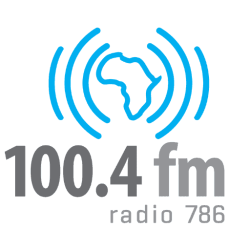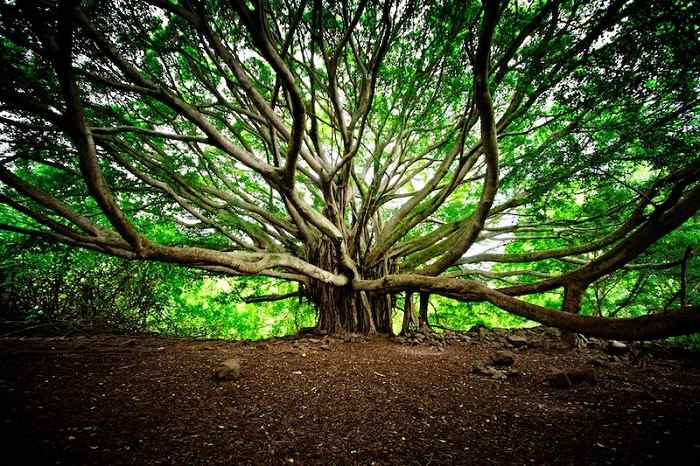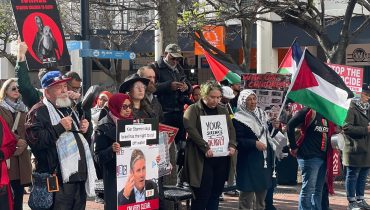Fayrouz Mohamed* writes
Whilst Zakah(alms) is one of the primary tools to help alleviate and ultimately eradicate poverty, it should not be disconnected from the spirit of God-consciousness and devotion, cleansing the heart of conceit, selfishness, and hoarding.
“Take alms of their wealth, wherewith you may cleanse them thereby and cause them to grow in purity…” (Qur’an 9:103).
It is related by Hazrat Ibn Abbas (RA) that the Prophet (SAW) said, “Allah has not enjoined Zakah upon you but for the reason that the rest of your wealth is cleansed through it.”
Wealth is a trust from Allah
Zakah reminds Muslims that whatever they possess belongs to Allah and is an amanah (trust). “Allah has purchased from the believers their life and their wealth, and the Gardens will be theirs in return.” (Qur’an 9:111).
Even though zakah was only established in the 2nd year of Hijrah, and was successfully implemented during the time of the Prophet (SAW), poverty was eradicated by the time of the caliph Omar (RA).
At that time, Zakah was mostly levied on agriculture and livestock. Land was of no benefit if not utilized for agricultural purposes and property was inexpensive due to the nature of the buildings.
Zakah is an ordained institution with the ultimate purpose of maintaining economic and social balance within societies through:
- Redistribution of wealth – meaning that wealth does not stay in the hands of the rich and is repatriated to the poor
- Social solidarity and takaful (mutual responsibility)
- Sharing societal resources
- Poverty alleviation
Prescribed alms ensures equality, eradicates poverty
Even though zakah assists those in need with financial relief, we need to remain cognisant that the overall well-being of individuals, both spiritually and morally, are as important to ensure thriving communities.
Zakah is a social net to uplift individuals and entire communities and to create opportunities for those who may not have had any and is thus part of the larger socio-financial system of Islam.
One of the principles of zakah is not just to provide immediate relief but to ensure long-term sustainability and shared prosperity. Thus, there is a need for a paradigm shift of how we understand the institution of zakah.
One of the ultimate maqasid (objectives) of zakah is to uplift the beneficiary from his current condition to that which will allow him to become self-sufficient.
Thus, it is important that if we want to change the condition of people, we must see zakah as a developmental or transformational tool.
Responsibility of managing Zakah
The maqasid of zakah are sometimes misunderstood and incorrectly applied. Collections are not targeted and the distributions are haphazard and not methodically thought through.
Individuals or organizations who have taken the responsibility of collecting and distributing zakah must educate themselves on all the dimensions of zakah to ensure proper distribution thereof.
The powerful institution of zakah ordained by the Law Giver, Allah Most Gracious, Most Merciful, cannot be reduced to a tax or perpetuating hand out (toxic charity) thereby keeping the poor ever in need.
Responsibility on the giver
Zakah is based on the teachi ngs of the Qur’an and the traditions of the Prophet (SAW). The teachings of the various thought leaders of Fiqh (jurisprudence) guide our application on many contemporary issues faced on the topic of zakah.
For zakah to be due on one’s halal wealth, one has to possess the minimum threshold of net surplus wealth (assets less liabilities), called nisaab, which needs to be held for 12 lunar months (haul) before any zakah is due on it.
In addition, zakah is only due on this wealth if it is owned by you absolutely and if it has an element of growth or potential of growth linked to it. All these conditions must be present before any zakah is due.
Zakah is a global system and can be linked to a number of the Sustainable Development Goals, for example, no poverty (SDG 1), zero hunger (SDG 2), reduced inequalities (SDG 10) and others. Zakah, therefore, plays an important role in contributing to the economic and human development of the poor across the globe.
*Fayrouz Mohamed is national Chairperson of the South African National Zakah Fund(Sanzaf)









